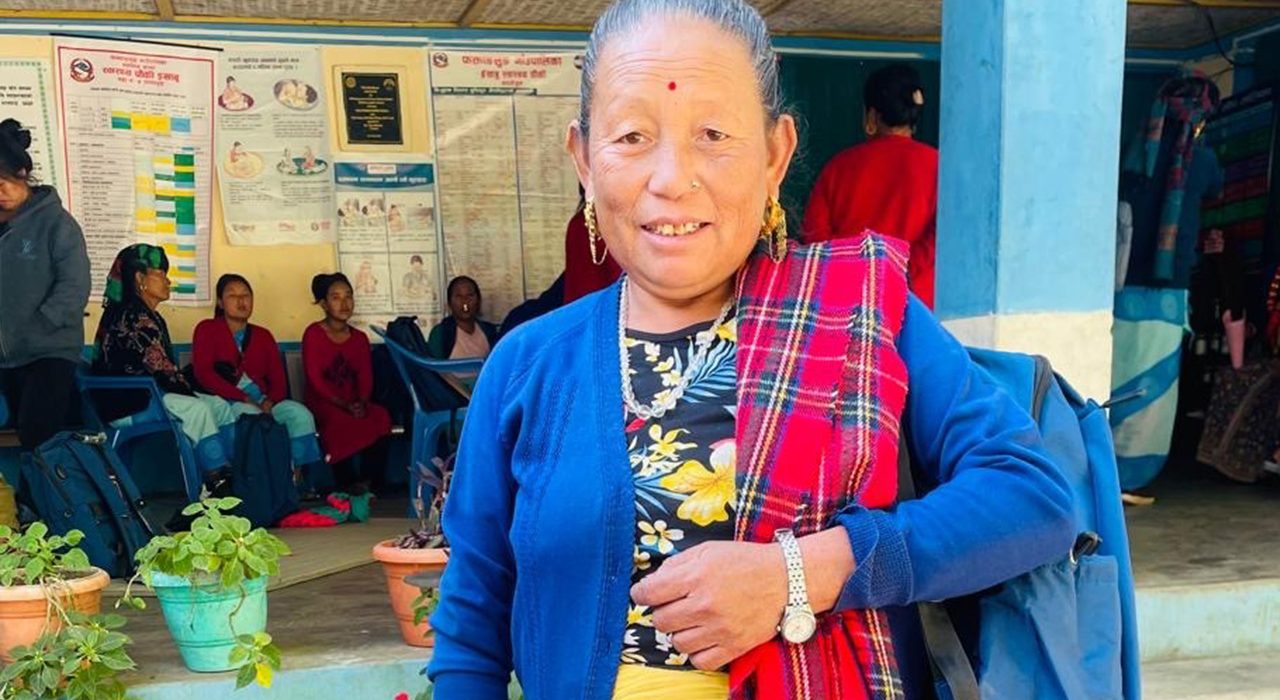As a trustee with the role of improving teaching, learning and resources in 35 schools, it is always rewarding when you can witness an immediate impact. A little while ago the provision of lunch boxes ensured children did not go hungry, stayed in school and focused on their learning for the whole of each day. Something as simple as a £4 lunch box each had an enormous effect on learning outcomes, to the extent that the government copied the concept throughout Nepal.
More recently we started working with the schools to encourage and further develop the love of reading amongst the pupils/children. We all know that reading opens another world to children. A world of make belief and immersion in stories, but also a world to explore content that can help them find answers. Libraries are an excellent way of introducing books and knowledge to children, especially in our working area, where not all our schools have access to the Internet and therefore do not have answers at the click of a button!
Through our teacher training work we are able to train teachers how to manage the facility, use it as an additional resource for their teaching and to encourage children to explore the content and further develop a love of reading.
With the help of a generous donation by Stuart Bygrave we were lucky enough not just to work with school management to see the importance of creating libraries and train the teachers, we were also able to supply six schools with the actual libraries themselves. The schools that benefitted were
- Laxmi Secondary School, Mamankhe
- Saraswati Secondary School, Tapethok
- Bipudham Basic School, Ikhabu
- Kangchenjunga Secondary School, Yamphudin
- Parvati Secondary School, Hellok
- Saraswati Chyaribuk Secondary School, Lelep
The libraries are brightly decorated rooms with shelving on all walls, holding a range of books to support the learning of all children from the youngest to the oldest. Each library is supplied with user-friendly tables and chairs, as well as more comfortable cushions for less formal reading.
Children are encouraged to take books home to read to their parents and, in turn, encourage them to be actively involved in their child’s education. The libraries are always open, not just during lessons, so children can visit during their breaks for research purposes or for quiet reading.
Children are also encouraged to be involved in the daily management of the libraries, supporting their teachers. They can check borrowed books in, ensure books are properly shelved and report any missing or damaged books that may need to be replaced.
These libraries are a huge asset to the schools, that we anticipate will have a very positive impact on children’s ability to learn. We are extremely grateful to Stuart Bygrave for his support.
John Walton, Co-lead Education Programme




